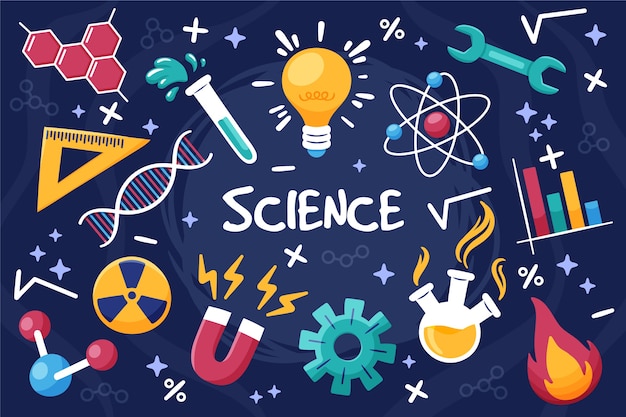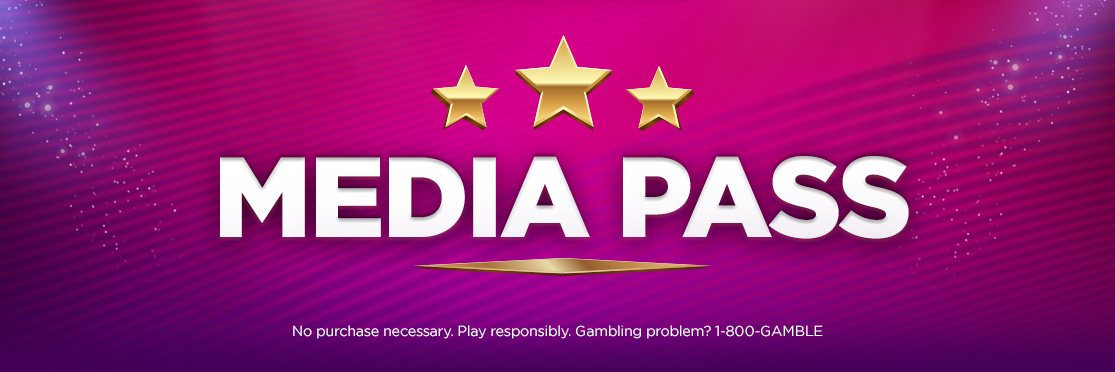Hunter Education Goals: Essential Objectives for Safe and Responsible Hunting
Understand the core goals of hunter education
Hunter education programs serve as the foundation for develop responsible, ethical, and knowledgeable hunters. These programs have evolved importantly since their inception, but their fundamental goals remain focused on create a safer hunting environment while preserve wildlife populations for future generations.
When examine the goals of hunter education, several key objectives stand out as essential components of these valuable programs. Each objective contribute to the broader mission of promote responsible hunting practices nationally.
Safety: the primary goal of hunter education
The foremost goal of hunter education is to reduce hunting incidents and promote safety in the field. This objective remains paramount across all hunter education programs in theUnited Statess.
Safety education cover several critical areas:
- Proper firearm handling and transportation
- Safe zone of fire identification
- Correct loading and unloading procedures
- Proper crossing of obstacles with firearms
- Tree stand safety practices
- Emergency preparedness and first aid
Accord to the international hunter education association, state that have implemented mandatory hunter education havseenee hunting relate incidents decrease by more than 50 %. This dramatic reduction direct correlate with the emphasis place on safety within these programs.
Ethics and responsibility in hunting
Another fundamental goal of hunter education is instilled a strong sense of ethics and responsibility in hunters. Thiincludesde:
- Understand and respect fair chase principles
- Develop a respect for wildlife and natural resources
- Promote responsible behavior toward landowners and other hunters
- Teach proper field dressing and game care
- Minimize wound loss through proper shot placement
Hunter education programs emphasize that ethical hunting extend beyond legal compliance. True hunting ethics involve make decisions that reflect personal values and respect for the hunting tradition.

Source: gearjunkie.com
A responsible hunter understand that their actions reflect on the entire hunting community. By behave ethically, hunters help preserve hunt opportunities for future generations.
Wildlife conservation and management
Hunter education programs aim to develop an understanding of wildlife conservation principles and the hunter’s role in wildlife management. This goal include:
- Teach the North American model of wildlife conservation
- Explain how hunting serve as a management tool
- Educate about habitat requirements and protection
- Understand population dynamics and carry capacity
- Recognize the importance of regulated hunting seasons and bag limits
Hunters play a crucial role in conservation efforts through their participation in regulated hunting and their financial contributions via license fees and excise taxes on hunt equipment. These funds direct support wildlife management programs across the country.
By understand conservation principles, hunters become active participants in ensure sustainable wildlife populations instead than mere consumers of a natural resource.
Knowledge of hunting laws and regulations
A comprehensive understanding of hunt laws and regulations stand as another key goal of hunter education. This includes:
- Learn about season dates and bag limits
- Understand licensing requirements
- Recognize protect species and areas
- Know property access laws and trespassing regulations
- Comprehend tag and reporting requirements
Hunt regulations exist to ensure sustainable wildlife populations and fair access to hunting opportunities. By educate hunters about these regulations, hunter education programs help ensure compliance and reduce wildlife law violations.
Many programs emphasize that regulations may change yearly, make it the hunter’s responsibility to stay informed about current laws before each hunt season.
Outdoor skills and survival knowledge
Develop practical outdoor skills represent another important goal of hunter education. These skills include:
- Wildlife identification and behavior understand
- Basic navigation use maps and compasses
- Weather interpretation and preparation
- Emergency survival techniques
- Tracking and recovery methods
- Proper equipment selection and maintenance
Outdoor skills not exclusively enhance the hunting experience but besides contribute to safety. A hunter who can navigate efficaciously is less likely to become lost, while one who understand wildlife behavior can make more ethical and effective hunting decisions.
Many hunter education programs incorporate hands on field exercises to develop these practical skills, recognize that theoretical knowledge solely is insufficient for safe and successful hunting.
Marksmanship and shooting skills
Develop basic marksmanship skills serve as both a safety and ethical goal of hunter education. This includes:
- Understand shooting fundamentals
- Practice proper sight alignment and trigger control
- Learn effective range determination
- Understand ballistics basics
- Practice shot placement for clean, ethical kills
Proficient marksmanship reduce the risk of wound animals without recovery and increase hunter safety by ensure bullets reach their intended targets. Many programs directly incorporate live fire exercises or virtual shooting simulators to develop these critical skills.
The emphasis on marksmanship reflect the understanding that ethical hunting requires not exactly know when to shoot, but besides have the skill to make clean, effective shots.
Promote hunt heritage and traditions
Hunter education programs aim to preserve hunt heritage and traditions by:
- Explain the historical significance of hunting in human development
- Teach hunting traditions and their cultural importance
- Promote mentorship opportunities for new hunters
- Encourage family participation in hunt activities
- Foster an appreciation for the non-consumptive aspects of hunting
By connect modern hunters with the rich traditions of hunting, education programs help ensure these practices continue for future generations. This cultural preservation aspect recognize that hunting represent more than scarce a recreational activity — it embodies a connection to our ancestors and natural world.
Many programs specifically emphasize the importance of experienced hunters mentor newcomers, create a continuous chain of knowledge transfer that preserve hunt traditions.
Build public support for hunting
Develop public understanding and support for hunt constitute another goal of hunter education. This includes:
- Explain the ecological benefits of regulated hunting
- Address common misconceptions about hunt
- Prepare hunters to be positive ambassadors for the activity
- Demonstrate hunting’s economic contributions to conservation
- Promote hunting as a sustainable food source
As hunt participation has decline in some regions, public support become progressively important for maintain hunting opportunities. Hunter education programs recognize that each hunter serve as a representative of the hunting community to the non hunting public.
By educate hunters about how to positively represent hunting, these programs help build broader societal acceptance and understanding of hunting’s role in conservation and cultural heritage.

Source: huntercourse.com
Promote personal growth and development
Beyond specific hunting skills, many hunter education programs aim to foster personal growth and character development through:
- Build self-reliance and confidence
- Develop decision make abilities under pressure
- Encourage patience and perseverance
- Teach respect for nature and other live beings
- Foster a conservation mindset that extend beyond hunt
These character build aspects of hunter education reflect the understanding that hunting involve more than technical skills — it shape how individuals interact with the natural world throughout their lives.
Many experienced hunters cite these personal development aspects as the about valuable long term benefits of their hunting experiences.
The evolution of hunter education goals
Hunter education goals have evolved importantly since the first formal programs emerge. Early programs focus virtually solely on safety, with minimal attention to conservation or ethics. Modern programs take a more holistic approach, recognize that create responsible hunters require address multiple interconnect objectives.
Recent additions to many hunter education curricula include:
- Greater emphasis on non lead ammunition alternatives
- Expand coverage of chronic wasting disease and other wildlife diseases
- Information about hunting’s role in address human wildlife conflicts
- Guidance on use technology ethically in hunting
- Strategies for introducing non hunters to hunt activities
This evolution reflects change societal values and scientific understanding about wildlife management. Hunter education continue to adapt to address emerge challenges while maintain its core mission.
The impact of successful hunter education
When hunter education achieve its goals, the impacts extend far beyond individual hunters. Some measurable outcomes include:
- Dramatic reductions in hunting relate incidents and fatalities
- Increase compliance with hunt regulations
- Greater public acceptance of hunting as a management tool
- Improved wildlife population management
- Preservation of hunt opportunities on public and private lands
Peradventure well-nigh significantly, successful hunter education create a self perpetuate cycle of responsible hunting practices. Hunters who understand and embrace these goals oftentimes become mentors themselves, pass knowledge to the next generation and strengthen hunting’s positive impacts.
Conclusion: the comprehensive nature of hunter education goals
When examine which goals define hunter education, it becomes clear that no single objective stand solely. While safety remain the virtually visible and measurable goal, the complete hunter education experience encompass a practically broader mission.
The true goal of hunter education is to create hunters who are:
- Safe and responsible in their actions
- Knowledgeable about wildlife and conservation
- Ethical in their hunting practices
- Respectful of laws, property, and other outdoor users
- Connect to hunting’s heritage and traditions
- Effective ambassadors for hunting’s continued relevance
By pursue these interconnect goals, hunter education programs help ensure that hunting remain a safe, sustainable, and socially accept activity for future generations. The comprehensive nature of these objectives reflect hunting’s multifaceted role in American conservation and outdoor heritage.
MORE FROM nicoupon.com













